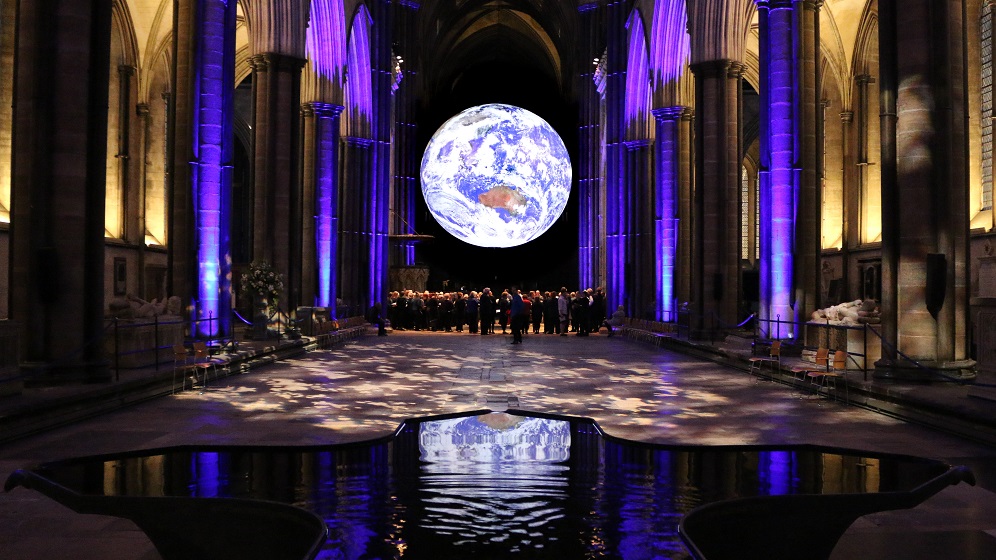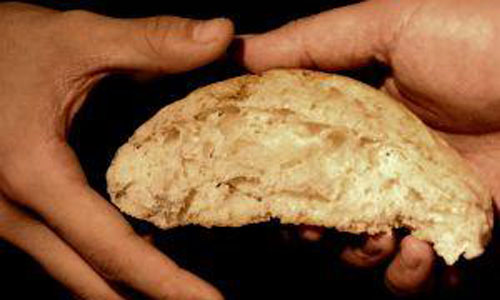
Creative Commons Attribution-Share Alike 4.0
Today’s song from Sing Praise is quite familiar, as it was a favourite of the Scargill community when I was living there about twenty years ago (and of other churches around that time). It’s “As the deer pants for the water” by Martin Nystrom, and the copyright actually dates back to 1983.
Most of the words are taken from the Psalms, though it’s not really a setting of any one psalm. The opening lines of the first verse are from Ps.42:1-2, the reference to wanting God “more than gold or silver” seems to be from Ps.119:72, and “the apple of your eye” in the same verse is from Ps.17:8 as well as being familiar from the service of Compline. The refrain, “You alone are my strength and shield” again isn’t a direct quotation but may be inspired by the refrain of Ps.115.
The last verse, “You’re my friend and my brother, even though you are a king” doesn’t seem to be from the Psalms at all, but is rather the Church’s understanding of Christ, who is both the reigning power of the universe and at the same time present as a companion and guide, and who calls all who follow him his sisters and brothers.
What made it such a hit, I think, is partly the memorable tune, but also the sense that in singing his praises as one whose friendship and support are desirable, we are drawn closer to Jesus. It’s a sort of love song without being too sentimental.


